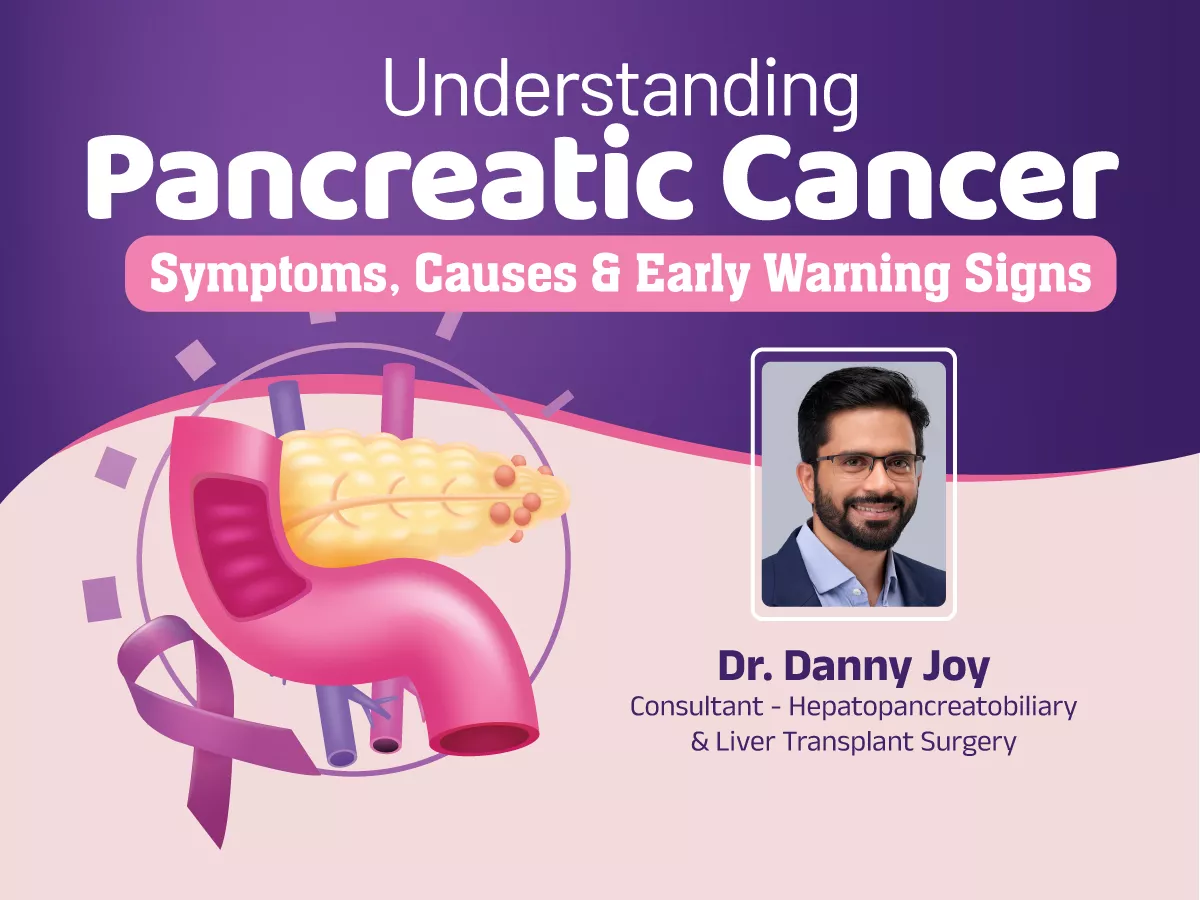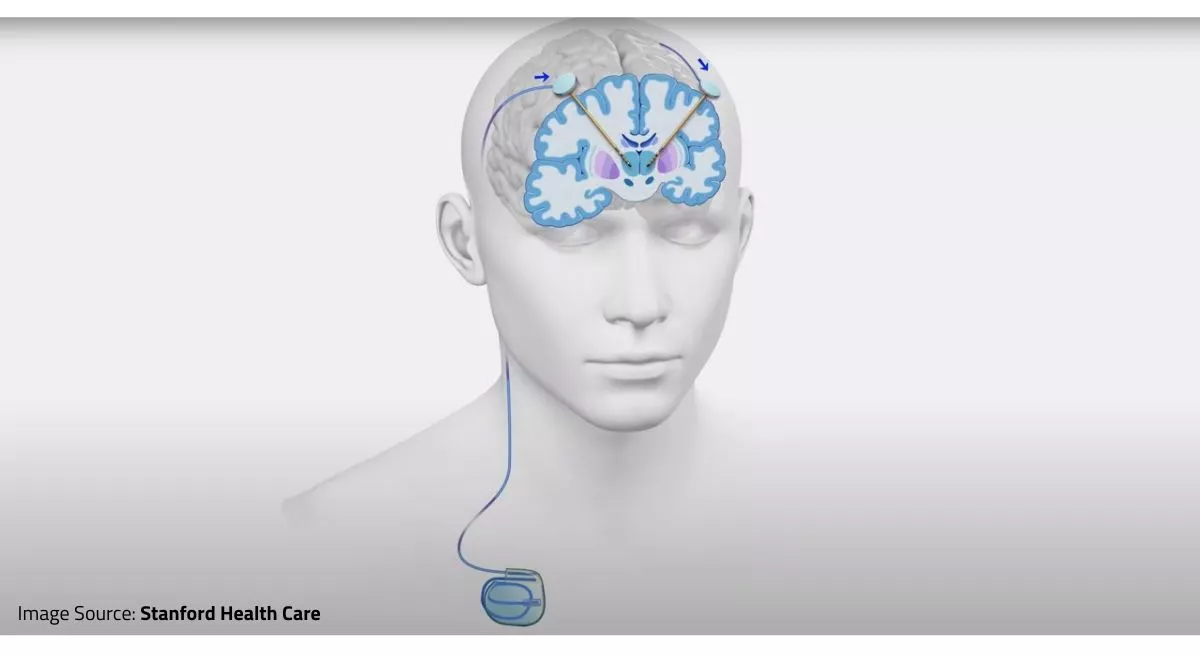The pancreas, located deep within the abdomen, plays a major role in digestion and blood sugar regulation. Pancreatic cancer is one of the most aggressive and hard-to-detect cancers, often earning the title of a "silent killer". Due to its vague symptoms, the cancer frequently goes undiagnosed until it has progressed to an advanced stage, making early detection and awareness crucial. In this blog, we’ll break down the key symptoms, major risk factors, and why early detection remains both challenging and essential for improving survival rates.
Symptoms of Pancreatic Cancer
Pancreatic cancer symptoms often develop gradually and can be mistaken for less severe conditions. Common symptoms include:
- Abdominal Pain: This is one of the most frequent symptoms, usually starting in the upper abdomen and sometimes radiating to the back. However pain is one of the late symptoms.
- Unexplained Weight Loss: Marked loss of appetite and unintentional weight loss are common symptoms which are usually ignored by the patients in early stages.
- Jaundice: Yellowing of the skin and eyes can occur, when the tumor obstructs the bile duct. Jaundice is often one of the earlier visible symptoms, but it typically appears only when the cancer is in a certain part of the pancreas. It may be associated with intense itching and light coloured stools.
- Nausea and Vomiting: As the tumor grows, it can interfere with normal stomach and digestive functions, leading to nausea, vomiting, and other digestive discomforts.
- Diabetes: New onset of diabetes or difficulty managing existing diabetes may be a warning sign, as cancer can interfere with endocrine functions of the pancreas.
Major Risk Factors
While the exact cause of pancreatic cancer is unknown, certain factors are known to increase the risk. Recognizing these can help at-risk individuals take preventive steps.
- Age and Gender: Most pancreatic cancer cases occur in people over the age of 65. Men are slightly more at risk compared to women.
- Family History: A family history of pancreatic cancer, certain genetic syndromes (like BRCA mutations), or other cancers can increase one’s risk.
- Chronic Pancreatitis: Long-term inflammation of the pancreas, often due to smoking or heavy alcohol use, raises the risk of developing pancreatic cancer.
- Lifestyle Factors: Smoking, alcoholism, obesity, and a diets high in red or processed meats and low in fruits and vegetables are associated with a greater likelihood of developing the disease.
What are the modalities used for diagnosis
The location of the organ and the lack of any specific symptoms make it especially challenging to detect pancreatic cancer in its early stages. Unlike some other cancers, pancreatic cancer does not currently have a reliable screening test for early detection in the general population.
When a patient is suspected of pancreatic cancer based on the signs or symptoms, laboratory tests including liver function tests and CA 19-9 levels along with CT/MRI scans are used for diagnosis.
What are the treatment options?
When detected early, surgery in the form of Whipple procedure or distal pancreaticosplenectomy or total pancreatectomy, is the most effective treatment. This is usually combined with various chemotherapy and radiotherapy regimens to maximise efficacy. The treatments options are personalised for each patient based on numerous factors and are decided by a multidisciplinary team comprising of HPB(hepatopancreatobiliary) surgeons, diagnostic and interventional radiologists, pancreatic pathologists, medical and radiation oncologists.
Conclusion: Recognizing the Warning Signs and Taking Action
While pancreatic cancer remains one of the most challenging cancers to diagnose early, awareness of its symptoms and risk factors can help. People experiencing persistent abdominal pain, unexplained weight loss, or new-onset diabetes should consult a healthcare provider promptly, particularly if they have risk factors. With research continually progressing, early detection strategies are improving, giving hope for more effective intervention in the future.
By educating ourselves and others, we can promote awareness and encourage early consultation with the best medical professionals, which helps at diagnosing pancreatic cancer sooner and saving lives.






